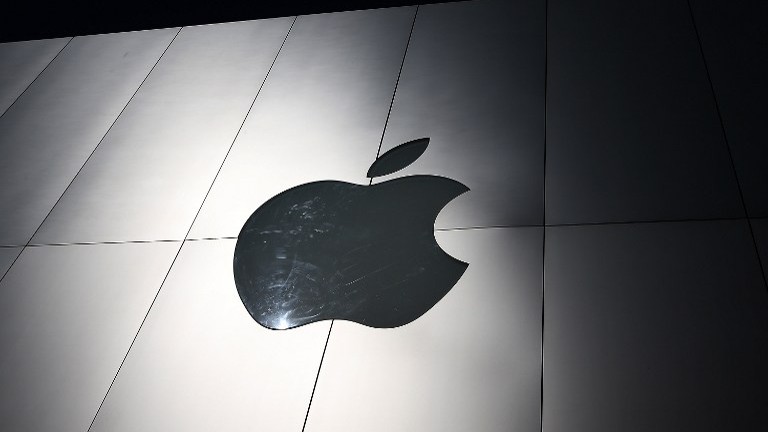The European Union is to accuse US tech giant Apple of taking illegal aid from the Irish state through sweetheart tax deals over two decades, the Financial Times reported on Monday (Sep 29).
A European Commission investigation into Apple's tax affairs in Ireland, where it has enjoyed a rate of less than 2 per cent, found that the company benefited from illegal state aid, the newspaper reported citing sources close to the matter.
The report is expected to be published later on Monday, the result of a probe that began in June after press revelations made corporate tax reduction an increasingly hot political issue.
Ireland is favoured as a European base by several major companies including Amazon, Facebook, PayPal and Twitter. Apple's European headquarters is in the southwest Irish city of Cork, where it employs 4,000 people. The country has a competitive corporate tax rate of 12.5 per cent, which has been criticised by some other member states of the EU as unfair, but which Dublin has repeatedly defended.
But a 2013 investigation by the US Senate found that the maker of iPhones and iPads paid a lower rate by channelling overseas sales through subsidiaries in a deal negotiated with the Irish government. Apple did not immediately respond to comment, but both Ireland and Apple have denied the company was given a special deal.
The Organisation for Economic Cooperation and Development (OECD) this month began efforts to crack down on "aggressive" tax avoidance by multinational companies, such as the notorious mechanism known as the "Double Irish". Under such arrangements, a subsidiary based in a higher-tax country pays another subsidiary based in a tax haven, reducing the amount of tax the corporation pays on overall profits.
Ireland has indicated that such loopholes could be closed amid pressure from the OECD. The group of 34 OECD nations has proposed new international measures aimed to force companies to report their profits and holdings country-by-country, increasing transparency and stopping common methods of shielding profits from tax.
























































